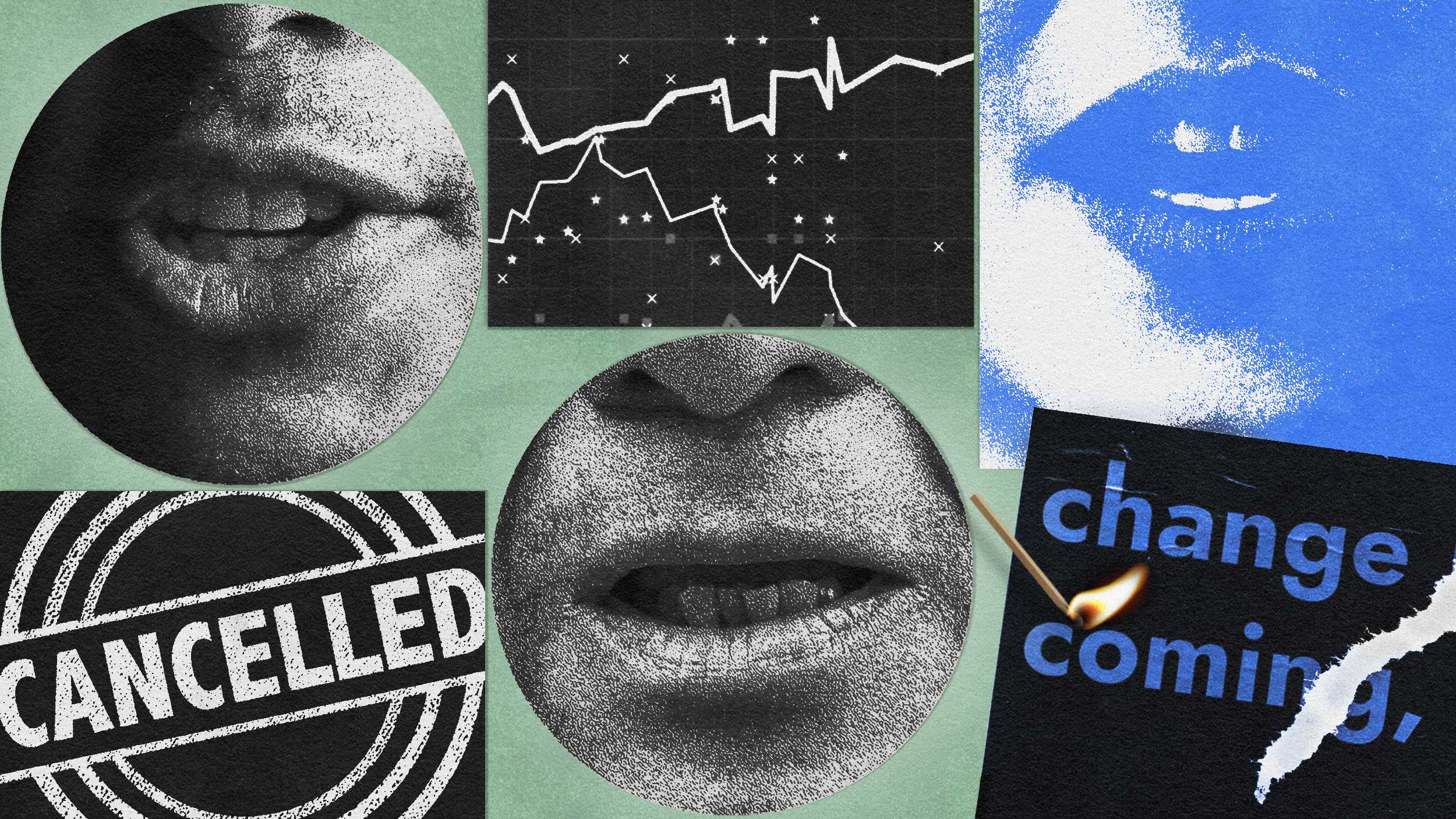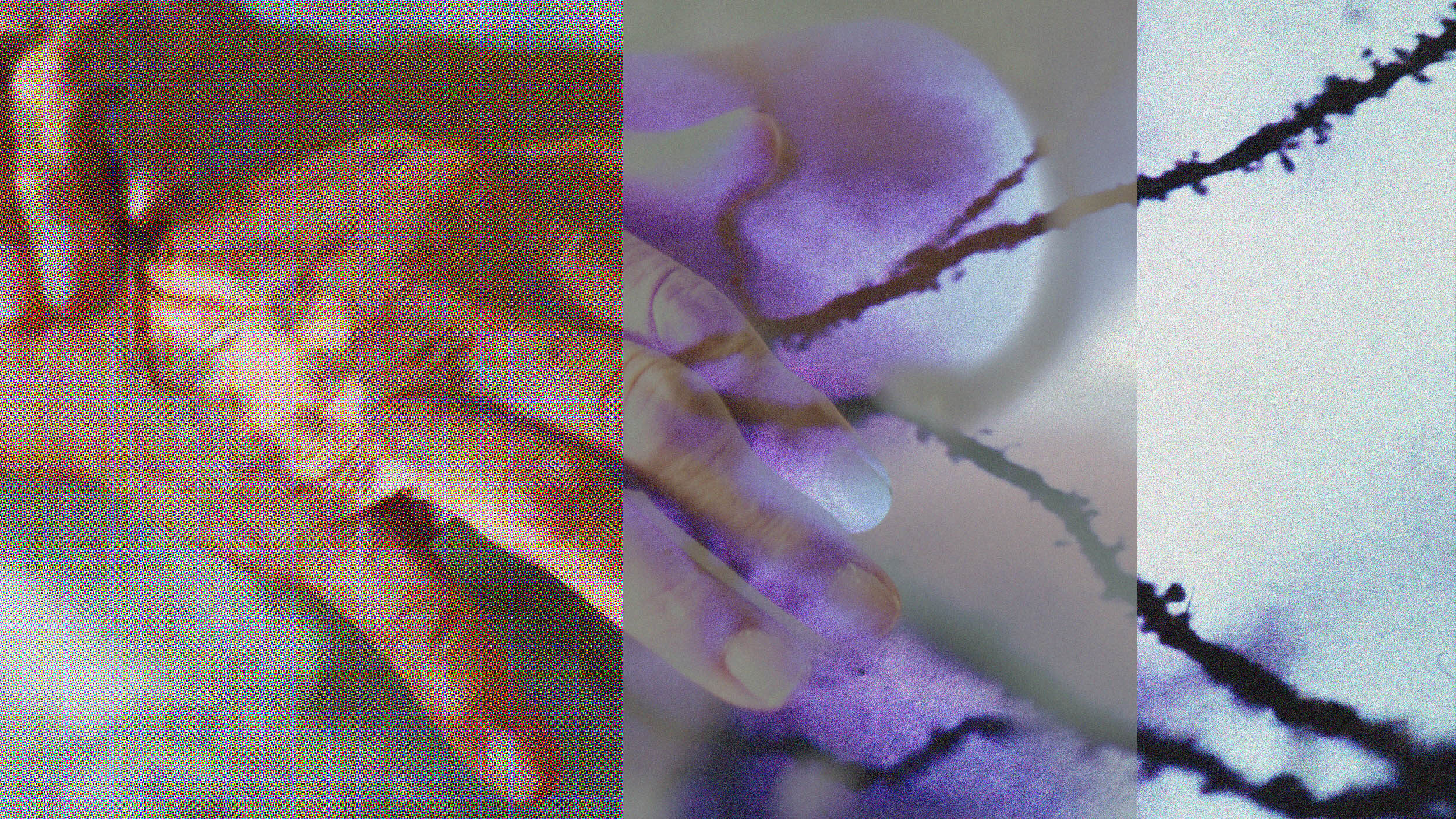Despite being infected with HIV, some people have genetic traits that prevent the virus from progressing to AIDS, even without treatment from antiretrovirals. Known as “elite controllers” and “long-term nonprogressors,” these patients may provide the key to an effective vaccine.
Question: What do you see as the most promising avenues of AIDS research?
Paul Bellman: One particularly promising avenue of research has come from the very careful study of a group of HIV-positive patients who have been positive for 20, 25 years and show little or no signs of immune compromise and have little or no detectable viral load. So, that suggests that there may be natural mechanisms that if we better understood could be harnessed as potential therapies. And here is where there has been some really interesting sort of cross-fertilization between basic science stuff that is happening in the sciences of immunology and what we’re observing in the clinic in patients and one particular scientist, Bruce Walker, has done some really good work sort of characterizing the molecular and cellular features of this group of patients who are long term non-progressors. And in fact, there are many research teams globally that are working on this problem and, just to be more specific, it appears that a certain kind of immune cell, which is a type of T-cell, not the T-cell that we conventionally think of as being infected by HIV, which is called the CD4 cell, but its complimentary or partner cell called the CD8 cell that there are certain... that those long-term non-progressor patients have very... you know their CD8 cells are great warriors and are able to kill viral, infected cells in the long term non-progressors. And so one can imagine that through further research we might be able to develop therapies that would further stimulate those cells to fight HIV and maybe even change patient status from people who would ordinarily progress to patients who could be treated with immune therapies and wouldn’t necessarily need to take toxic antiviral therapies indefinitely as the situation stands today.
So my vision actually in terms of at least from the point of view of a cure of HIV, from an immunologic point of view, is to treat patients with HAART, to treat them effectively, to get their viral loads to undetectable and then hopefully to develop cocktails of immune therapies that can mop up and take care of the rest of the virus—or prevent the virus from coming back. And that immune cocktail might be a combination of things that stimulate B-cells and certain T-cells and natural killer cells, similar to the antiviral drugs that work in some cases to interfere with a particular viral protein and then another viral protein and then the sum total of that allows there to be an effective therapy.
Recorded August 18, 2010
Interviewed by Max Miller





